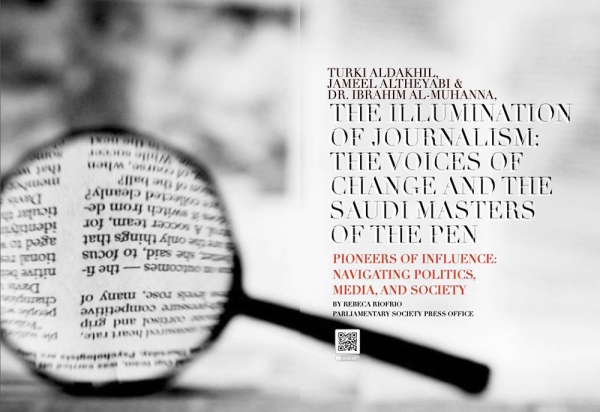
RIYADH: Financial inclusion is crucial to reducing challenges in tracing the illicit flow of funds, said Samya Abou Sharif, the director of Jordan’s anti-money laundering and counter-terrorist financing unit.
Abou Sharif made her statement on Thursday in Riyadh during a panel session titled “Follow-the-Money Techniques to Detect Financial Crime: Potential and Challenges” at the Arab Forum of Anti-Corruption Agencies and Financial Intelligence Units.
She emphasized the role of law enforcement and the financial intelligence units in tracing funds, the sources, transfer, and use of these funds to follow the flow of financial proceeds from criminal activities.
If a society is cash based, she said, it puts a strain on the tracing of funds “because the transactions happen outside the formal banking system.”
Therefore, Abou Sharif said, financial inclusion is crucial to encourage the opening of bank accounts, offering smooth financial services, protecting customers, and encouraging them to participate in the financial system.
“With the ongoing innovations in finance, such as the use of artificial intelligence, we need to build capacity in law enforcement in this direction, to be faster than criminals.”
Jerome Beaumont, executive secretary of the Egmont Group of Financial Intelligence Units, pointed to the creation and development of new decentralized financial spaces over the past 10 years.
“I am referring to the crypto industry and the broader concept of Web3, which encompasses cryptocurrencies. It is important to note that more than 100 new cryptocurrencies were generated and created daily at one point.”
Beaumont said we have created financial intelligence units for this new space as a reaction to these emerging platforms.
“We are now adopting and using new tools and crypto-based technologies to track transactions.”
Beaumont said that financial intelligence units face an ongoing trend: the increase in suspicious transaction reports sent by reporting entities.
“The only way to kind of bridge the gap was technology. Interestingly, a lot of those used … have been using AI, machine learning, and big data analytics.”
Maj. Gen. Abdullah Al-Zahrani, director of the General Department of Finance Investigations, Oversight and Anti-Corruption Authority, mentioned key factors for the success of the financial investigation.
“In 2023, we provided over 400 people across the Kingdom with training on financial investigations.”
Al-Zahrani said the authority has a cadre of highly trained employees working closely with the Saudi Central Bank and other authorities to combat financial crimes.
“We cooperate with our colleagues in the criminal investigation and prosecution units concerning … labor investigations, then weigh the results of these investigations to tighten the noose on criminals,” he added.
Al-Zahrani said that the authority strives greatly to determine the real beneficiary of the proceeds of the crime.
“We bear great responsibility for dealing with financial corruption as it is a very complex crime.”








